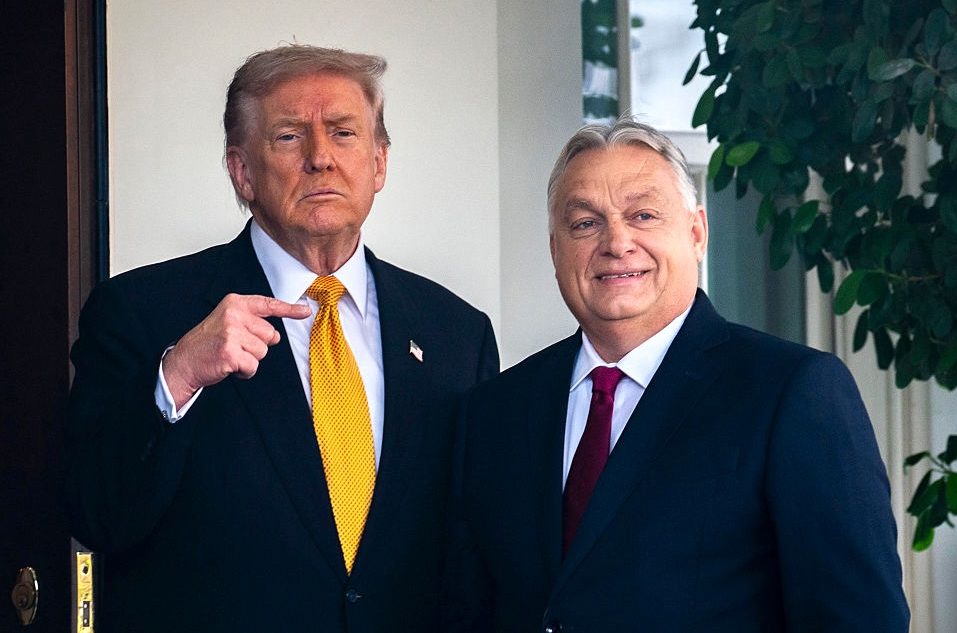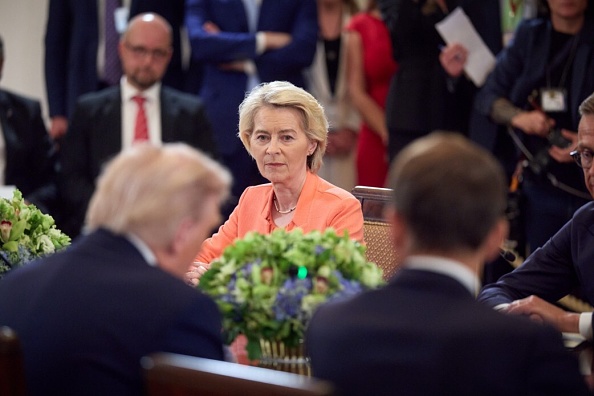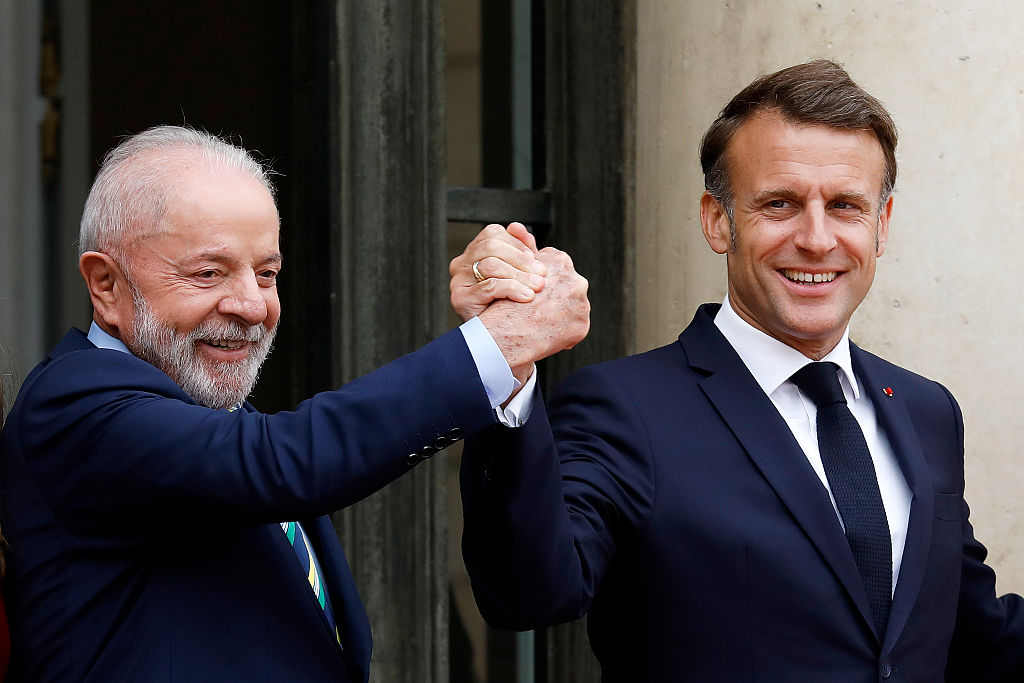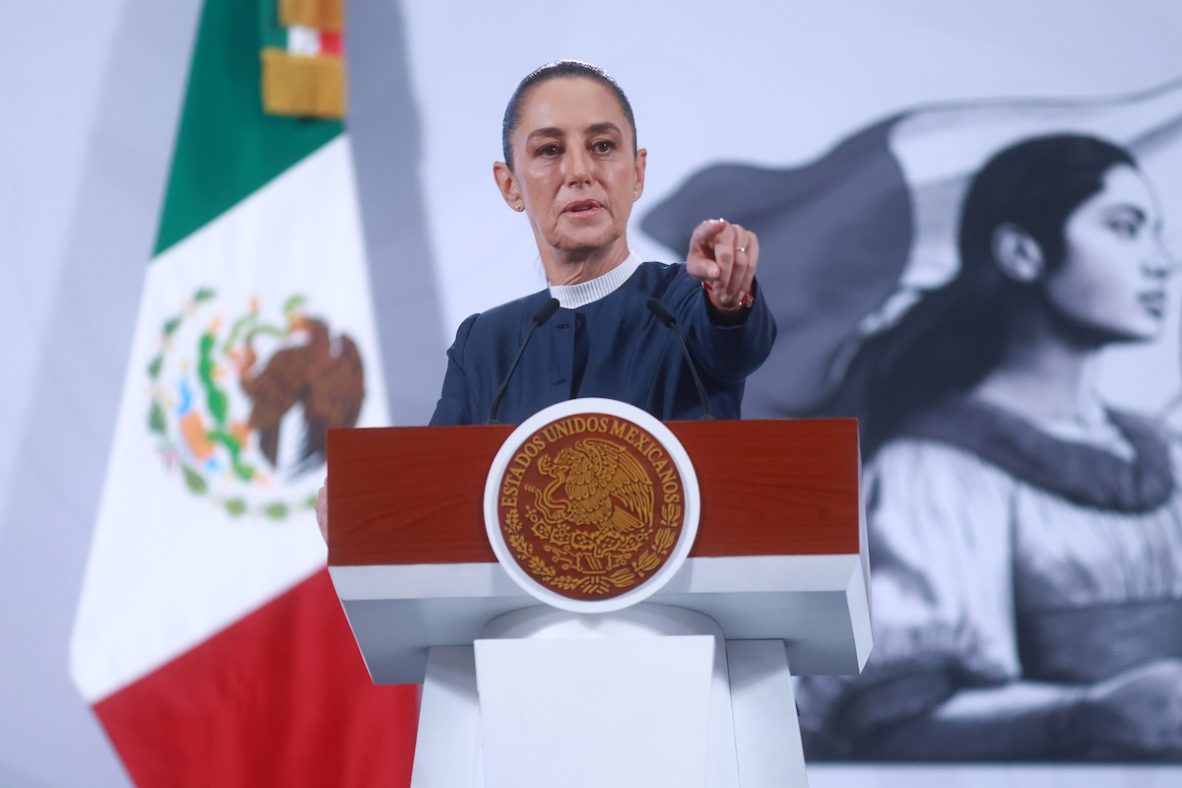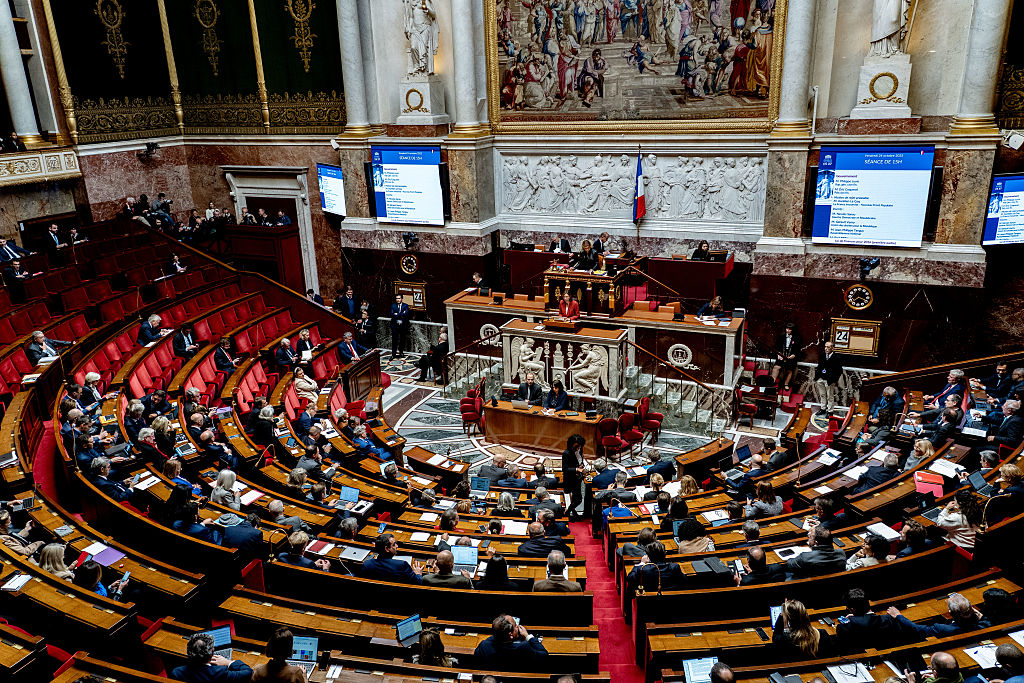France looks to the EU to prepare for Trump's return
"Macron holds an advantage as one of the few European leaders with personal ties to Donald Trump, which could work in his favour," Gésine Weber, a US-Europe relations specialist at King’s College London, told Euractiv.

In France, no one seems to harbour illusions: strengthening the EU’s strategic autonomy and building a common defence are seen as the continent’s best ways to face the return of Donald Trump to the White House.
French President Emmanuel Macron wasted no time in positioning himself. Even before Trump’s victory was officially announced on early Wednesday (6 November), Macron sent the customary congratulations to the new American president on X.
“Ready to work together as we did for four years. With your convictions and mine,” he added.
In a second message, he noted that he had spoken with German Chancellor Olaf Scholz to “strive for a more united, stronger, and sovereign Europe,” which would “cooperate with the United States of America while defending our interests and values.”
The Elysée appears set on aligning with Berlin to support EU positions. German Defence Minister Boris Pistorius is scheduled to meet his French counterpart Sébastien Lecornu in Paris on Wednesday late afternoon.
“The call to Olaf Scholz this morning sets the pace for the dynamic that may develop in the coming days,” Gésine Weber, a US-Europe relations specialist at King’s College London, told Euractiv.
“Everyone is aware that, despite their differences, Paris and Berlin must drive Europe forward,” she added.
Macron has struggled to be heard internationally since the French National Assembly was dissolved on 9 June 2024. However, Weber suggests that Donald Trump’s election could give Macron a chance to reassert himself globally.
“Macron holds an advantage as one of the few European leaders with personal ties to Donald Trump, which could work in his favour,” she added.
Europe to come to rescue
Most of the French political class believes that the EU must promptly organise its strategic response to Trump’s return to the White House.
“Donald Trump has often argued that European unity was designed solely to foster stronger economic competition against the US, and he thus aims to weaken us as he does China,” warned MEP Bernard Guetta (Renew) to Euractiv.
“It is, therefore, essential to build a common European defence. No European country is opposed to this idea anymore,” he continued.
This view is shared by segments of the French left.
“Donald Trump’s election […] is a nightmare for democracy, human rights, and Europe,” wrote Raphaël Glucksmann (S&D), leader of the French socialists in the Parliament and a staunch supporter of military aid to Ukraine, on X.
“We are now forced […] to do in a few weeks or months what we have avoided doing for decades: build our own defence, secure our own safety, and establish our own power.”
On the other hand, the tone is much more enthusiastic from the National Rally (RN/PfE).
The far-right party leader Marine Le Pen has not missed the opportunity to wish “success” to the new American president on X.
“We must realise that we will have to stand alone on many issues, in France and in Europe, especially in terms of defence,” MEP and spokesperson Aleksandar Nikolic (RN/PfE) told Euractiv.
He also welcomed Trump’s protectionist stance and the momentum behind parties that defend “national identities,” both in the US and Europe.
“New leaders have already emerged on the European continent, such as Italian Prime Minister Giorgia Meloni, Hungarian Prime Minister Viktor Orbán, or Marine Le Pen and Jordan Bardella,” Nikolic continued.
“Our ideas are gaining traction all across Europe.”
[Edited by Martina Monti]





